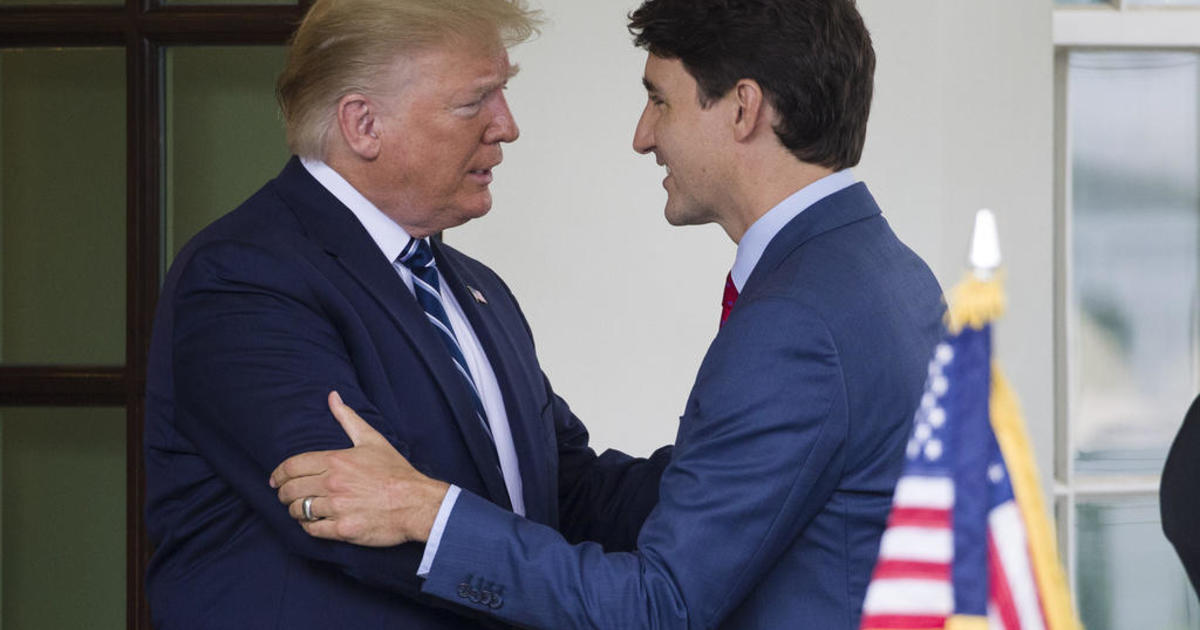Canadian Prime Minister Justin Trudeau expressed concern on Friday about President-elect Donald Trump’s threat to impose sweeping tariffs on Canadian products. Trudeau warned that such tariffs would not only harm Canadians but also raise prices for American consumers, hurting American businesses in the process.
Trump had previously threatened to impose tariffs on products from Canada and Mexico if the countries did not address what he perceived as issues with drugs and migrants crossing their borders. He specifically mentioned imposing a 25% tax on all products entering the U.S. from Canada and Mexico as one of his first executive orders.
Trudeau emphasized that Trump’s statements should be taken seriously, as the President-elect has shown a willingness to follow through on his promises. He highlighted the potential impact of these tariffs on American citizens, pointing out that they could lead to increased prices for a wide range of products, including potatoes from Prince Edward Island.
The Canadian Prime Minister also noted that such tariffs could jeopardize the North American trade pact that was negotiated during Trump’s first term. He acknowledged the successful renegotiation of the deal, which he described as a “win-win” for both countries. Trudeau expressed a willingness to work together with the U.S. to address any concerns and maintain positive trade relations.
Trump’s tariff threat was primarily focused on issues related to immigration and drug trafficking, particularly at the southern border. However, Trudeau pointed out that the number of arrests at the Canadian border was significantly lower compared to the Mexican border. He also addressed concerns about fentanyl trafficking, highlighting the disparities in seizures between the two borders.
Despite the differences in border-related issues, Trudeau emphasized Canada’s commitment to addressing U.S. concerns and improving border security. He expressed optimism about engaging in constructive conversations with President Trump to ensure continued progress and cooperation between the two countries.
The potential imposition of tariffs by the U.S. prompted Canada to consider retaliatory measures. Canadian officials indicated that they were prepared to respond with their own tariffs on specific U.S. items if necessary. The government official stressed that no decisions had been made yet, but preparations were underway to address any eventuality.
In the U.S., business groups raised concerns about the impact of escalating tariffs on inflation. House Democrats took steps to limit a president’s ability to unilaterally impose such tariffs, citing potential price increases for essential goods like autos, shoes, housing, and groceries. The interconnected nature of the U.S.-Canada trade relationship was highlighted, with Canada being the top export destination for 36 U.S. states and a significant supplier of key resources like steel, aluminum, and uranium.
Overall, Trudeau’s response to Trump’s tariff threat reflected a commitment to maintaining strong trade relations and addressing mutual concerns through dialogue and cooperation. The potential consequences of escalating tariffs on both Canadian and American businesses underscored the importance of finding constructive solutions to trade disputes and fostering economic growth for both countries.









